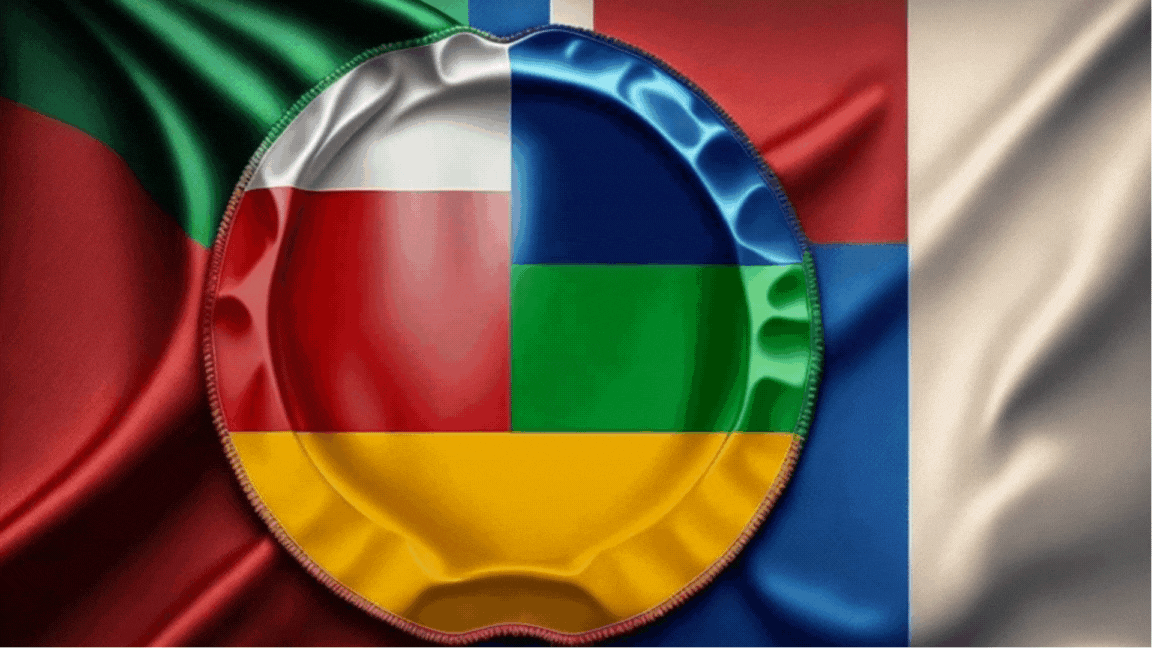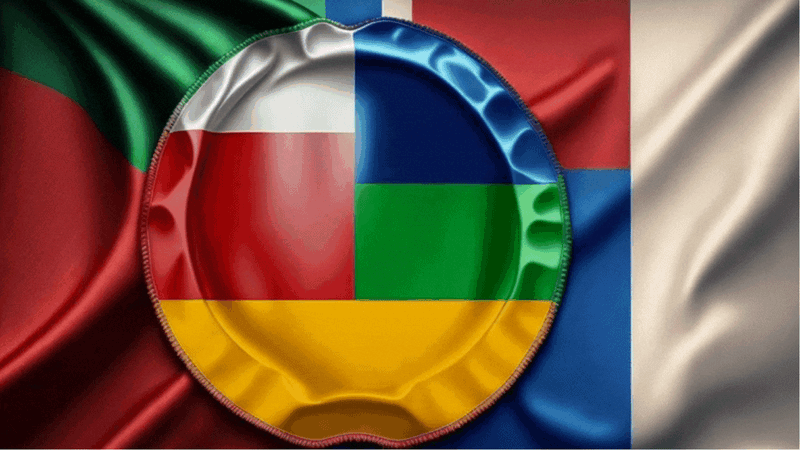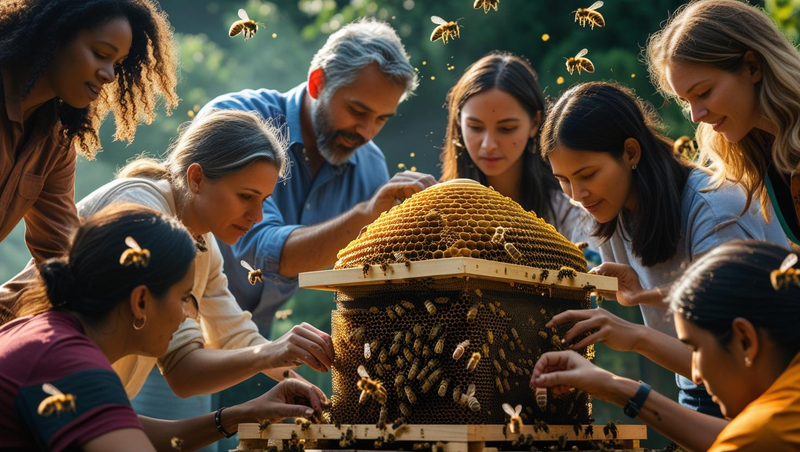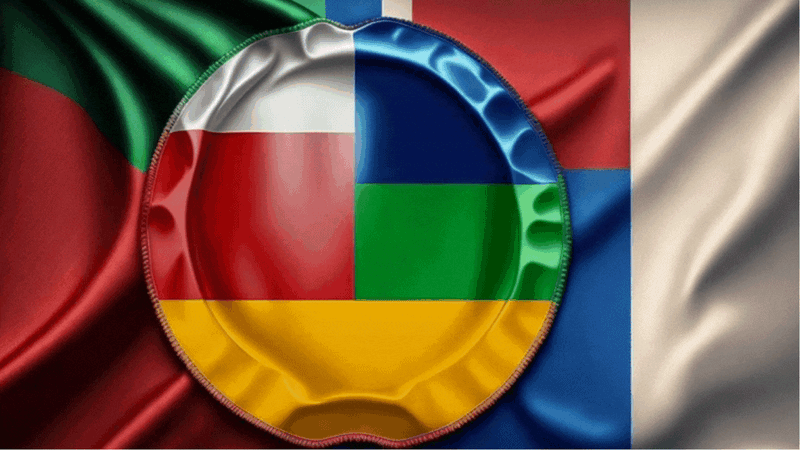The Latin American Report # 542
2 comments

The infamous Colombian drug lord Adolfo Macías, better known as Fito, will be extradited to the United States to face charges for drug trafficking, murder, and organized crime. Sometimes I wonder why the charges in the United States seem to carry more weight than those these despicable individuals face in their own countries, where the impact of their criminal activities has been far more negative and painful than in North America. At first glance, I can’t reconcile myself with this dynamic, which embodies the notion that Latin America can’t prosecute, judge, and punish its own criminals.
Fito had shamefully escaped early last year from the Penitenciaría del Litoral, in Guayaquil, and had remained at large until he was recaptured last month in the province of Manabí, another coastal region plagued by brutal violence. His yet shadow escape triggered a big wave of violence and unrest in Guayas, leading to the controversial declaration by President Daniel Noboa that the country was experiencing an "internal armed conflict"—a move that, incidentally, allowed him to mobilize the Armed Forces to maintain public order and control the country’s savage prison system. The results of this mobilization have not been quite decisive, with cases like that of the children found burned last year precisely in Guayas proving the point.
The head of Ecuador’s National Court of Justice says Macías, leader of Los Choneros gang, allied with Mexico’s Sinaloa Cartel to send and distribute "tons of cocaine from South America, through Central America and Mexico, to the United States and other destinations." The good rapport between Quito and Washington somehow plays a role in ensuring that, once U.S. authorities make a request to prosecute big profiles like this, the other side moves quickly
. Until last year, the South American country’s constitution prohibited extradition, but the population backed a government-called referendum to reverse that provision.Brazil
U.S. President Donald Trump continues to heat up bilateral relations with Brasília by
of support to his ally Jair Bolsonaro, who is at odds with his country’s judiciary. Trump is certainly meddling in a very crude manner in the internal affairs of a sovereign nation—matters that, from a legal perspective, have nothing to do with its governmental power—, describing the Brazilian conservative politician as "a highly respected and strong leader" who is "leading in the polls" ahead of the next elections. In turn, he characterizes the current occupants of the Palácio do Planalto as suppressors of free speech and practitioners of lawfare.The White House head insists that Brazil should move past the trial against Bolsonaro in the country’s Supreme Court, which could result in a harsh sentence for his alleged involvement in an attempt to prevent Lula from taking power after his election victory—remember that the former military officer never formally accepted his defeat. Trump has tied this action to the possibility of Brasília avoiding the imposition of violent 50% tariffs on products entering the U.S. market. Lula has the backing of the hardcore business sector, but between now and August 1, however, he faces a tough task in trying to find some common ground with Washington beyond ideology. For now, although his government has formally expressed its willingness to negotiate in good faith and has refuted some data and narratives from the MAGA team regarding trade balance, Lula firmly
yesterday that "[he] won’t take orders from a gringo." In this regard, controversial Judge Alexandre de Moraes called for an investigation into whether the activities of figures like Eduardo Bolsonaro—currently based in the U.S.—constitute obstruction of justice, as against Brazilian authorities.Tracking El Salvador’s BTC strategy
EL SALVADOR JUST BOUGHT MORE BITCOIN pic.twitter.com/0pMHkeJtBV
— The Bitcoin Office (@bitcoinofficesv) July 17, 2025
As many suspected, the IMF report suggests El Salvador has not been buying Bitcoin—just reshuffling it internally:
— Joe Nakamoto ⚡️ (@JoeNakamoto) July 17, 2025
“Increases in Bitcoin holdings … reflect the consolidation of Bitcoin across various government‑owned wallets.”
“Chivo does not adjust its Bitcoin reserves… pic.twitter.com/Om7o2K7FeW





Comments